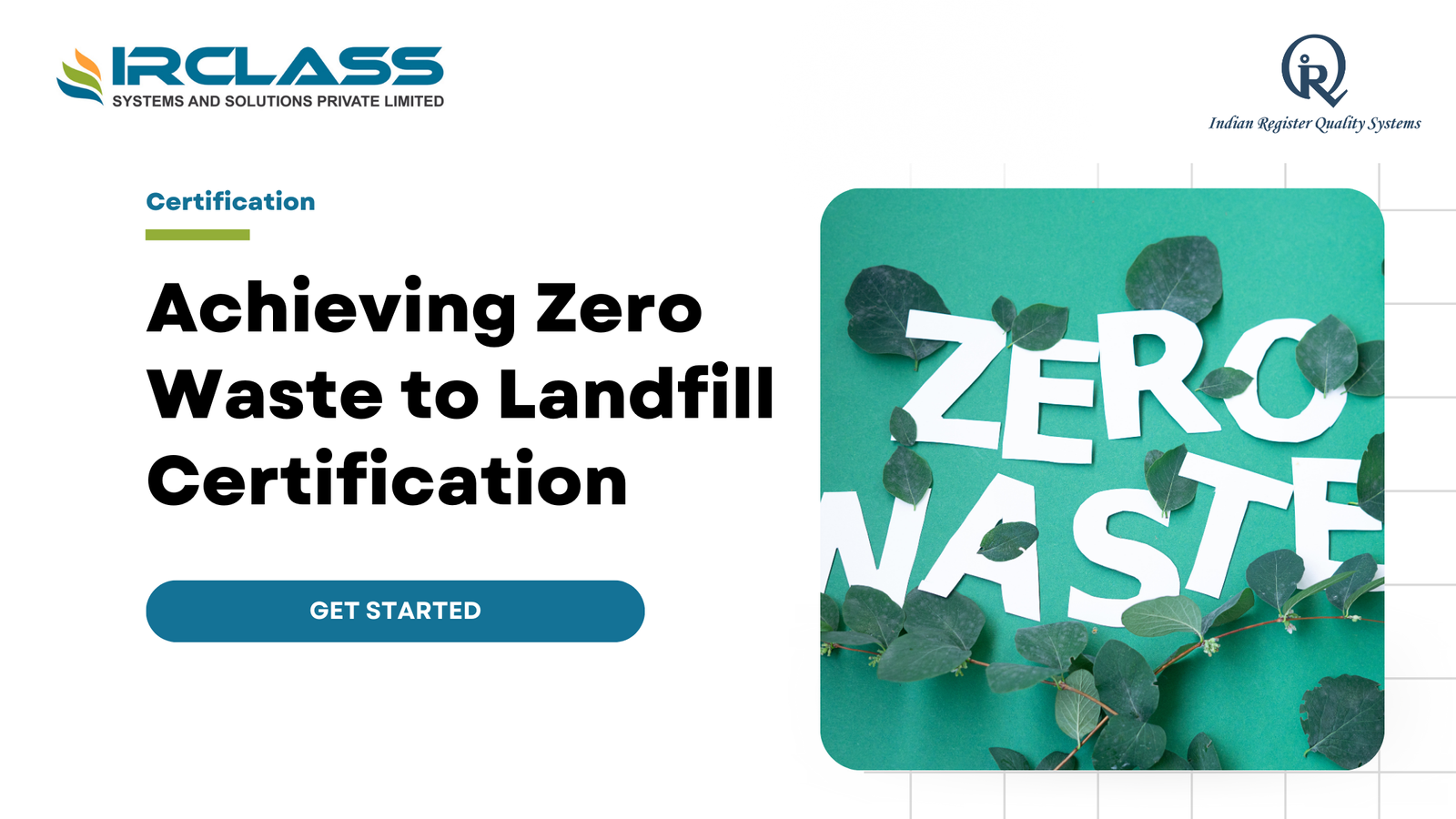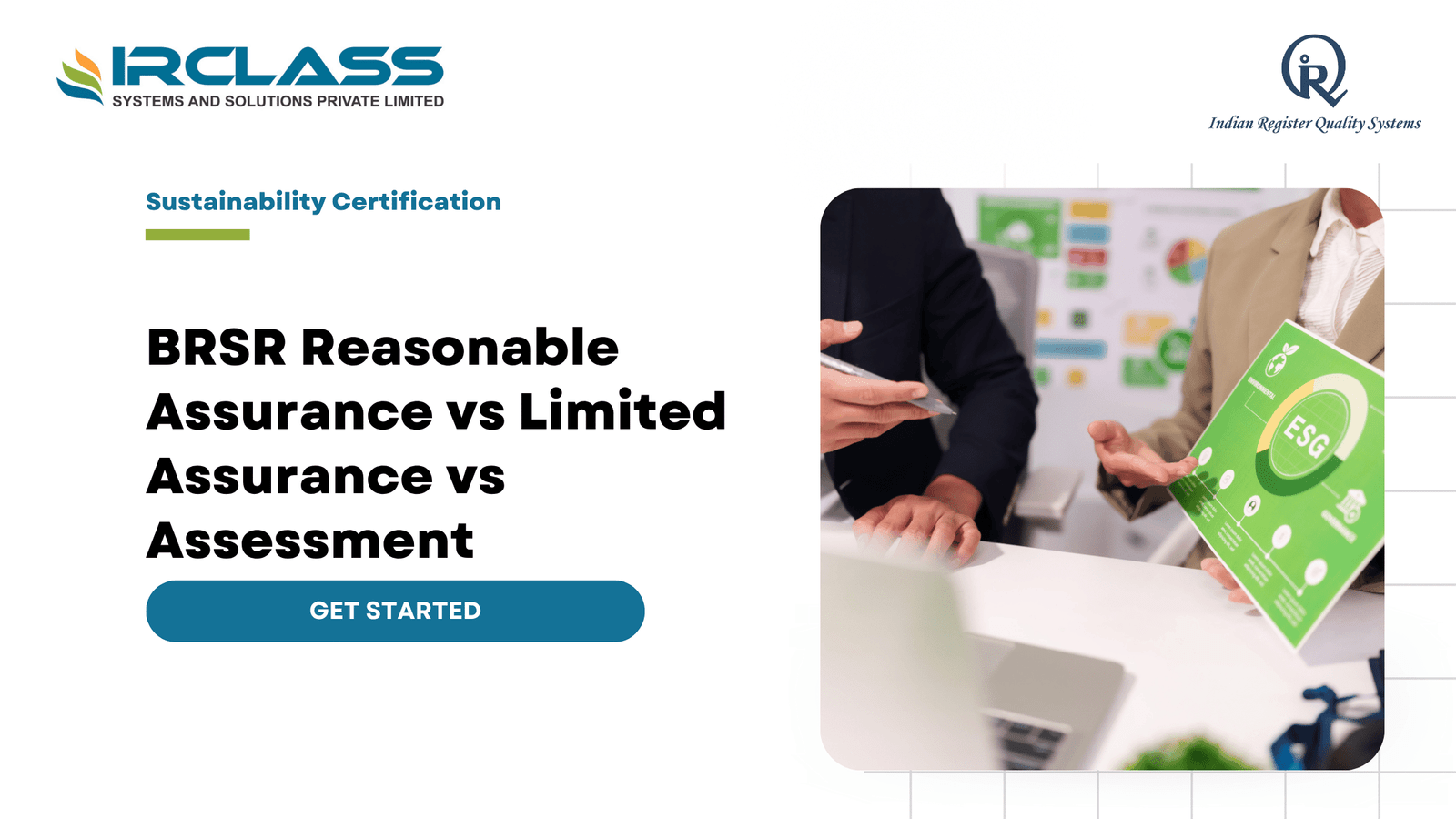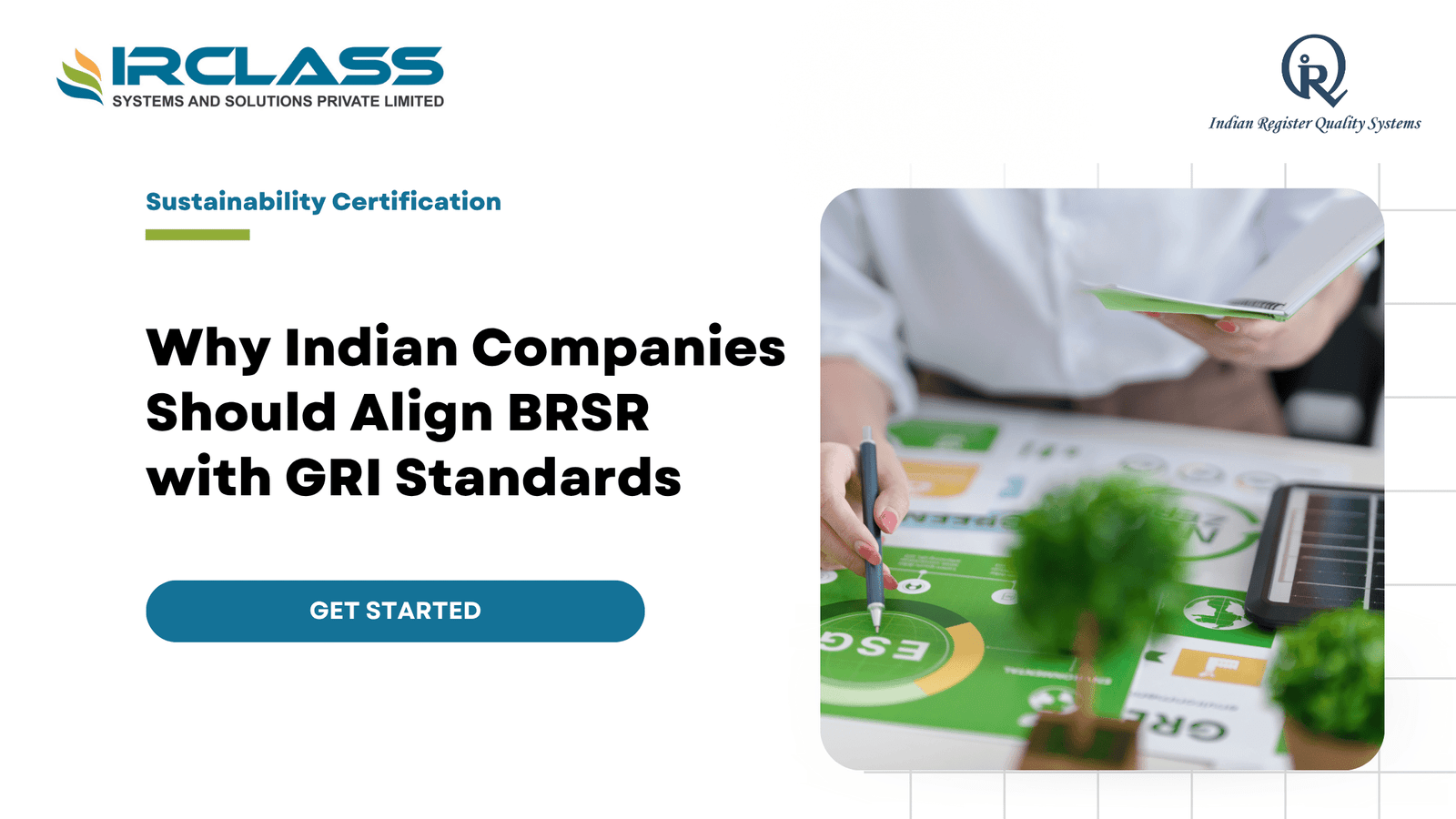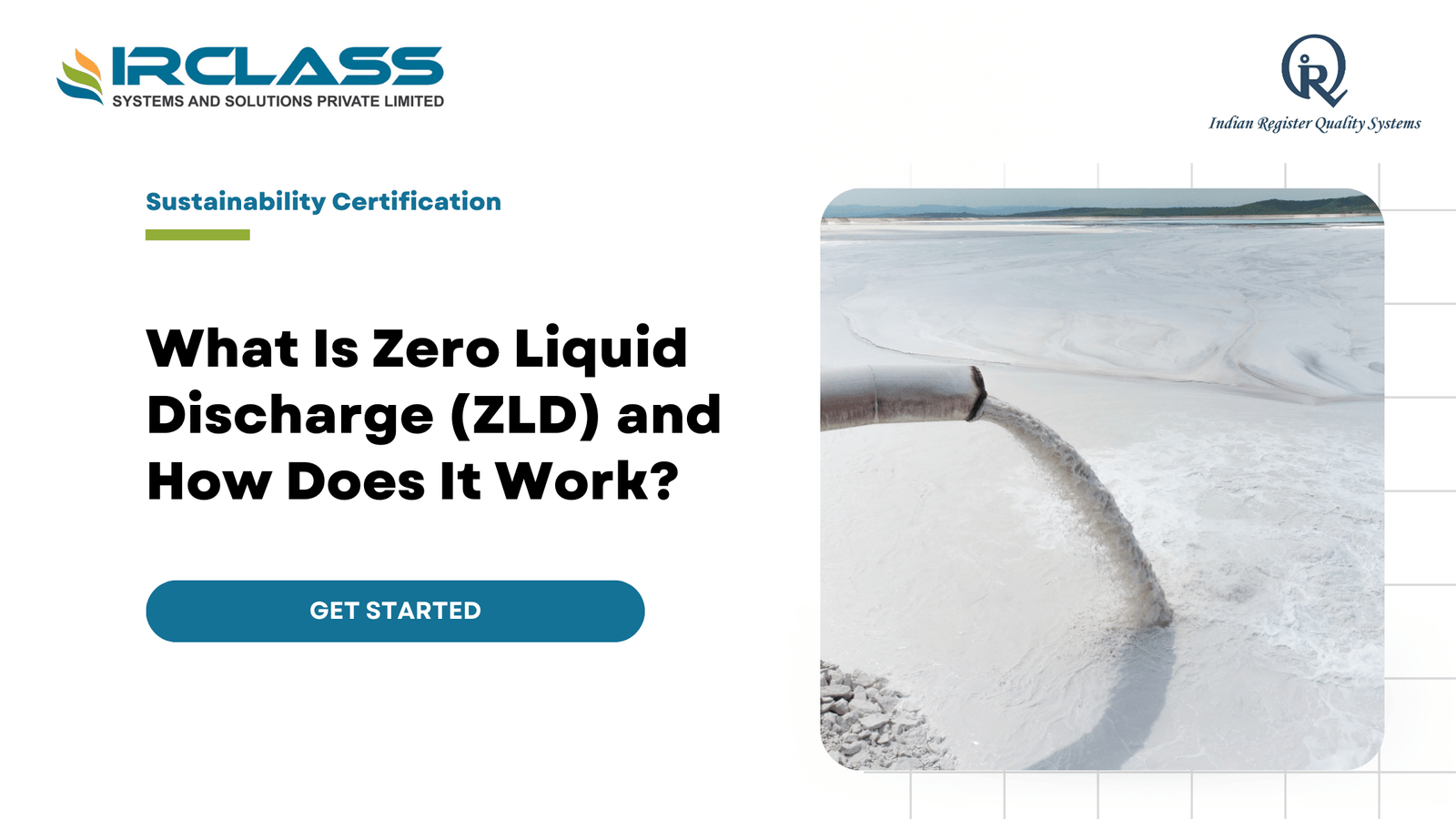Tag: Zero waste to landfill certification free

Achieving Zero Waste to Landfill Certification: A Guide for Businesses
Nowadays, companies everywhere are focusing on sustainability. It goes without saying that, in response to the mounting demand for solutions pertaining to climate change and environmental impact issues, businesses are currently desperately attempting to discover any way to reduce their carbon footprint. An alternate route is to pursue Zero Waste to Landfill (ZWTL) accreditation. Not only is ZWTL certification good for the environment in today’s fiercely competitive business world, but it also positively impacts a company’s reputation by boosting employee morale and customer loyalty. In this article we will discuss what does a certification entail and how can businesses achieve it? What is Zero Waste to Landfill Certification for? Companies that have diverted a sizable part of their garbage are recognized with the Zero garbage to Landfill Certification. This accreditation, which is seen as a strategic approach to waste management, emphasizes reuse, reduction, and prevention over recycling. To make sure a business is managing its trash properly, third-party organizations frequently conduct stringent certification processes, some of which are highly demanding. When a business achieves “Zero Waste to Landfill,” it means that their waste management strategy has evolved into a long-term, sustainable solution, significantly lowering their environmental impact. What are the Steps For Achieving this Certification? To achieve Zero Waste to Landfill certification, you’ll need dedication, planning and a structured approach. Here are the key steps businesses can follow: This is the first step and it involves determining the kinds of garbage your business produces and the amount of that waste that is currently dumped in landfills. After completing the waste audit, set specific, quantifiable goals for reducing waste. It might specify both immediate and long-term objectives for getting rid of landfill garbage. These goals should be in line with the overall sustainability objectives and communicated to all departments in order to garner support from the entire business. Install adequate methods for segregating garbage within your buildings. This involves setting up distinct bins for general waste, compost, and recycling. It’s critical that staff members receive enough training on waste sorting techniques and that notices be prominently displayed. These professionals collaborate with approved businesses that compost and recycle garbage. They will assist in ensuring that your waste is directed appropriately and stays out of landfills. Your waste reduction efforts will not be successful unless you do routine tracking and monitoring. Tools with data analytics and reporting that quantify the amount of waste diverted from landfills are available for usage. It takes a team to accomplish Zero Waste to Landfill. Establish a sustainable culture within your organization and provide your staff rewards for reducing waste. You can seek to become certified as Zero trash to Landfill as soon as you reach a considerable level of trash diversion. Your waste management practices will be evaluated and verified against the required standards by the certification body, followed by an audit that will verify that you comply. Benefits of Zero Waste to Landfill for Businesses There are many advantages to obtaining Zero Waste to Landfill accreditation beyond environmental sustainability. Among these benefits are: Reducing waste can significantly lower disposal costs. Reusing and recycling materials can cut down on the need to buy new resources, as opposed to sending waste to landfills, which frequently come with expensive costs. Consumers are becoming more eco-conscious and prefer to support businesses that prioritize sustainability. Being a certified Zero Waste to Landfill company can improve your brand image and attract environmentally conscious customers. Businesses can improve their operational efficiency by analyzing their waste streams and getting rid of extraneous stuff. As a result, inefficient activities are reduced and resources are employed more wisely, improving efficiency. Stricter laws governing environmental activities and waste management are being implemented by numerous governments. Achieving certification ensures that your business stays ahead of any regulatory changes and complies with current laws. Case Studies of Certified Companies Several companies have led the way by obtaining Zero Waste to Landfill certification — proving that when vision and strategy meet, amazing things can happen. Unilever, for example, implemented waste reduction programmes at all it’s manufacturing sites, with over 98% of its waste being diverted from landfill. By partnering with local recyclers and with constant employee engagement, the company was able to certify and cut down waste by a huge amount. Conclusion Being Zero Waste to Landfill is more than simply a certificate of achievement—it is a commitment to sustainability and waste reduction. Businesses can lessen their influence on the environment, save money, and enhance their reputation by implementing these measures. The accreditation process is a fulfilling one that involves employee involvement, expert partnerships, and comprehensive trash audits. IRQS provides expert services for businesses who want to get a handle on this process. By working with IRQS you can get the support to get to Zero Waste to Landfill status and help make the world a greener and more sustainable place.
Search
Useful Links
Recent Posts

BRSR Reasonable Assurance vs Limited Assurance vs Assessment

GRI Reporting and SEBI’s BRSR: Building Credible ESG Reports for Indian Companies



